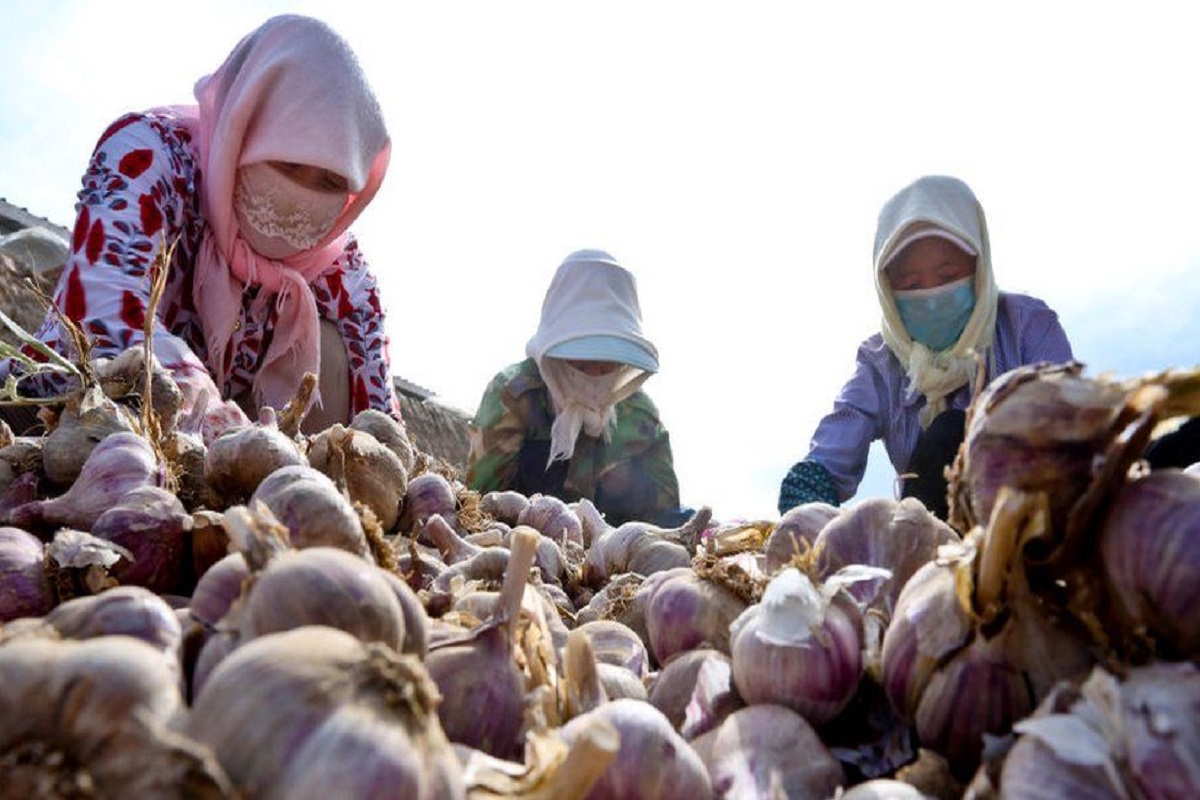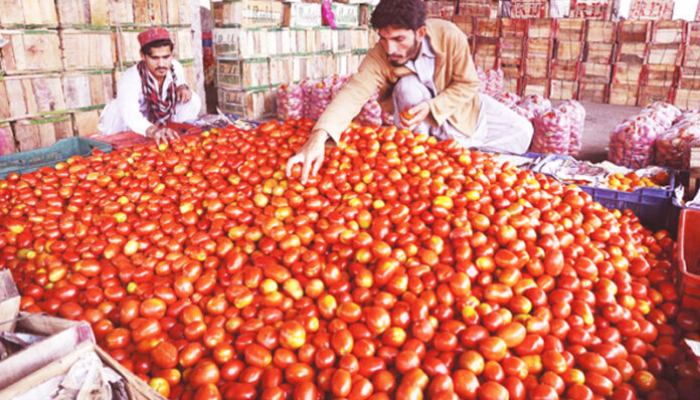- Some Chinese developers are offering vegetables as down payments for homes.
- Offers include peaches, watermelons, garlic and watercress.
- Some of these peculiar offers have now been withdrawn, state-owned media report.
In an effort to draw consumers, some Chinese real estate developers recently stated that they would take food as payment for properties.
The businesses marketed offers allowing consumers to use vegetables as down payments for new homes, including peaches, watermelons, and garlic.
Some of these peculiar offers, though, have allegedly now been withdrawn.
In China, home sales have decreased for 11 straight months, and last week, a significant developer stopped making payments on its loans.
[embedpost slug=”china-disputes-nasas-claim-that-it-will-seize-control-of-the-moon/”]
Last Monday, a real estate firm in the eastern city of Wuxi announced that peaches could be used to defray up to 188,888 Chinese yuan ($28,218; £23,289) of a home’s down payment.
A different developer in the neighbouring city of Nanjing stated that it would take up to 5,000 kg of watermelon from farmers. It put a value on the produce of 100,000 Chinese Yuan, which is much higher than what it would sell for in nearby marketplaces.
However, according to the state-owned publication Global Times, the promotion that was supposed to continue until the following Friday has been halted.
The newspaper quoted an unnamed firm representative as saying, “We were directed to erase all promotional posters on the social media networks.”
In China’s Qi county, a prominent garlic-producing region, real estate company Central China Management sponsored a 16-day campaign in May accepting garlic as down payments for properties.
The company said in a WeChat post that it was “supporting farmers with love” and “making it simpler for them to acquire homes.”
One catty of garlic, or roughly 600g, was valued under the agreement at five Chinese yuan, or almost three times its market price.
In transactions involving 30 residences, the business claimed to have accepted 860,000 catties of garlic.
However, it has since taken down a WeChat ad for a comparable wheat-related bargain that was published only last month. A BBC request for feedback received no quick response from the business.
According to experts, the agreements are a technique for developers to get around local government regulations that set a cap on the quantity of discounts they can provide.
Sales of residential properties in China decreased by 41.7 percent in May compared to the same month a year prior, marking the 11th consecutive month of reductions.
Major Chinese developer Shimao Group announced on Sunday that it had missed interest and principal payments on $1 billion (£825 million) in offshore bonds that were due on that day.
The company reported in a filing to the Stock Exchange of Hong Kong that “major changes to the macro environment of the property sector in China from the second half of 2021 and the impact of Covid-19” had caused a “noticeable fall” in sales.
Evergrande, a troubled Chinese real estate juggernaut that went into default late last year, is currently overhauling its operations.
[embedpost slug=”western-envoys-seize-the-rare-opportunity-in-china-to-criticize-russia-over-the-ukraine-war/”]





















